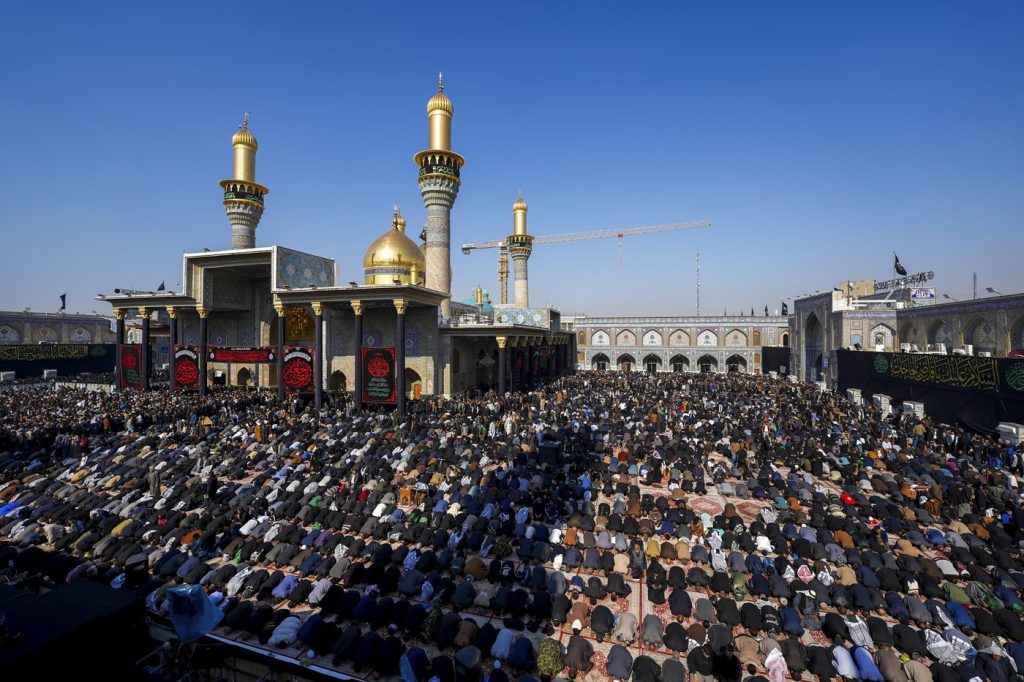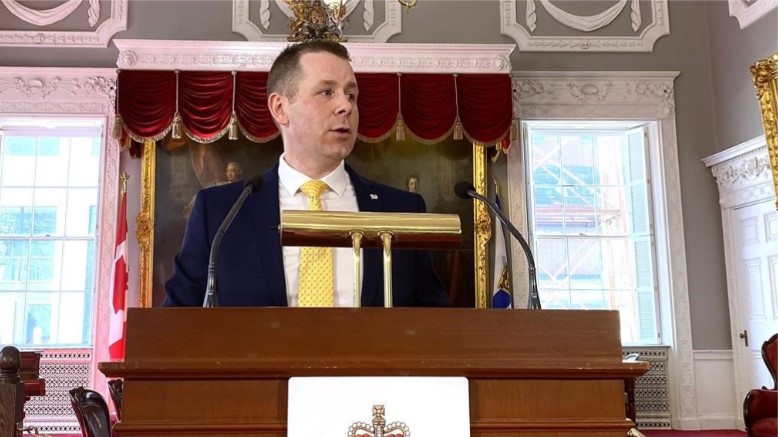Shiite pilgrims make annual pilgrimage in Iraq amid regional upheaval

Posted Jan 25, 2025 08:37:00 AM.
Last Updated Jan 25, 2025 08:45:52 AM.
BAGHDAD (AP) — Thousands of Shiite pilgrims dressed in black marched on Saturday, heading on foot toward the golden twin-domed shrine of Imam Moussa al-Kadhim in the northwestern Baghdad district of al-Kadhimiyah.
The site in the Iraqi capital holds great religious significance for Shiite Muslims as it hosts the shrine of Imam al-Kadhim, the seventh of the Twelve Imams of Shiite Islam, who died in the late eighth century.
This year, it comes amid seismic shifts in the region that have left many Shiites feeling vulnerable, including the fall of the government of Bashar Assad in neighboring Syria. Assad was an ally of Iran, whose intervention helped him hang onto power during a nearly 14-year civil war before he was unseated last month in a lightning offensive led by the Sunni Islamist group Hayat Tahrir al-Sham.
Iran-allied groups Hamas in Gaza and Hezbollah in Lebanon were also battered over more than a year of war with Israel. Tenuous ceasefire agreements are now in place in both Gaza and Lebanon.
Mohammed al-Waswasi, a 28-year-old pilgrim from Wasit province, arrived in Baghdad after walking for two days, carrying a black banner as a symbol of mourning.
“We feel a deep sense of disappointment after the recent wars in Gaza and Lebanon, where we lost irreplaceable leaders,” he said. “Today, we express our sorrow by visiting Imam al-Kadhim.”
Major streets in the Iraqi capital were closed to accommodate the large influx of pilgrims, primarily arriving from southern and central provinces.
Tents were set up along the roads leading to the shrine to provide services and rest for the pilgrims. Iraqi security forces were deployed extensively to secure the annual event, which typically attracts hundreds of thousands of visitors from across Iraq and beyond.
In al-Kadhimiyah, vehicle traffic was banned, and all city entrances were sealed off with security checkpoints to regulate the entry of visitors.
Qassim Abdul-zahra, The Associated Press








